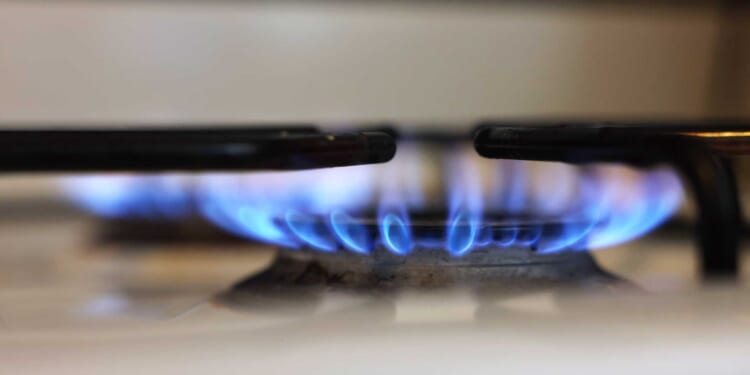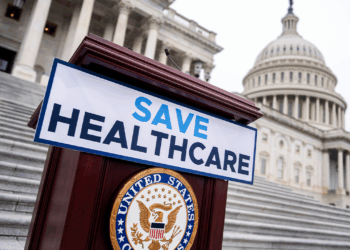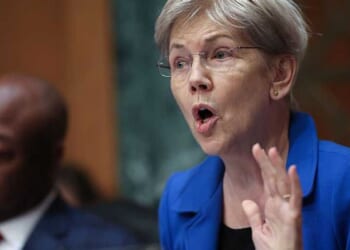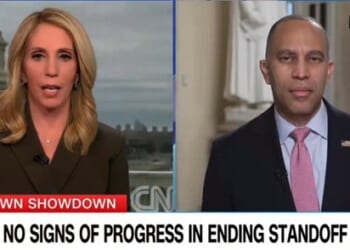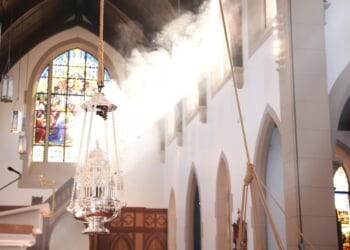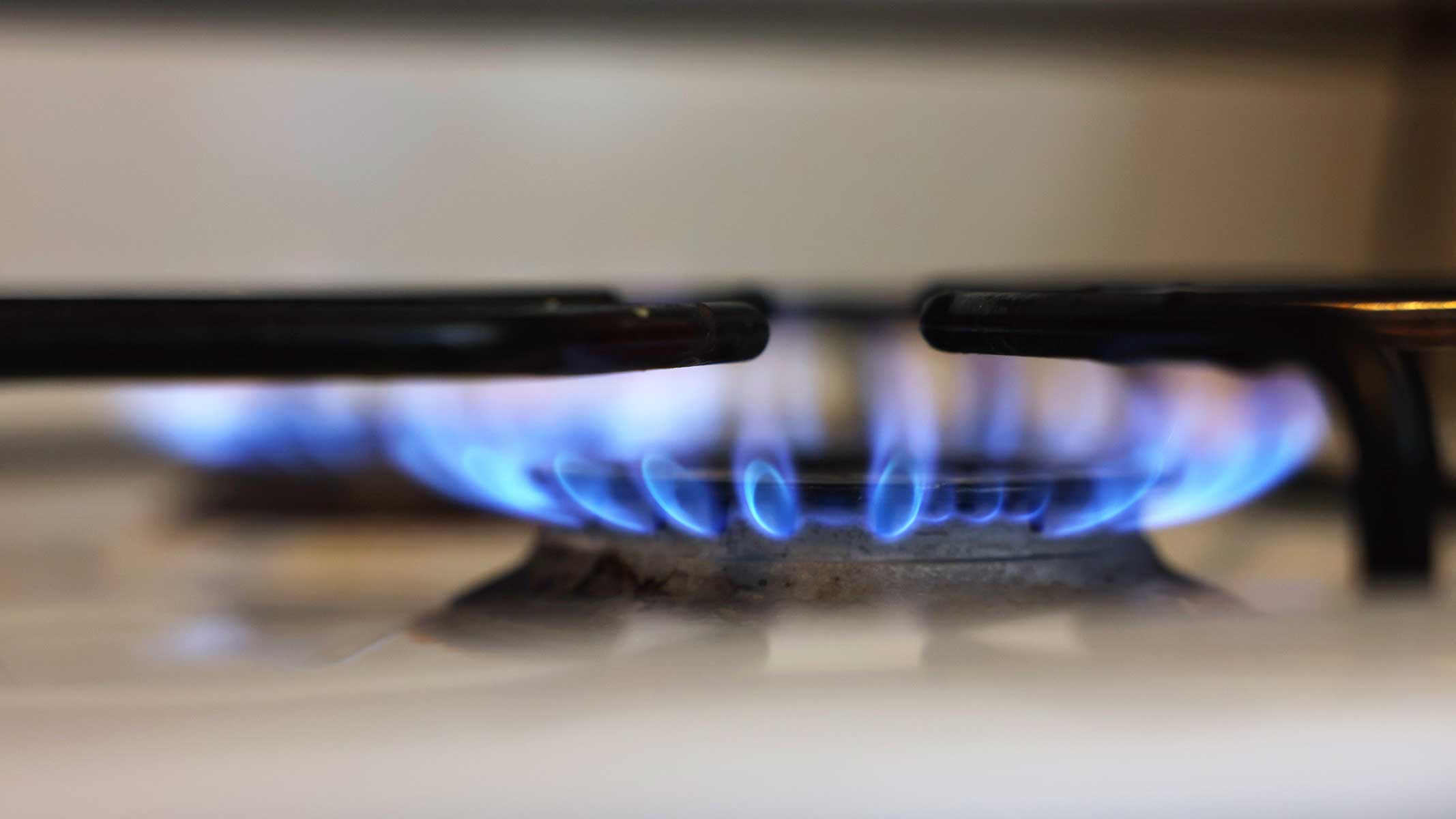
This essay first appeared at City Journal’s new Substack newsletter. If you want more like it, subscribe today!
On September 25, the New York City Council approved Intro 429, a bill requiring that new gas appliances be installed by licensed master plumbers or licensed journeyman plumbers working under the direct supervision of a master plumber. If signed by the mayor, the law would prohibit homeowners, landlords, and handymen from connecting an appliance such as gas stoves to existing lines themselves. Instead, they’d have to hire one of the city’s approximately 1,100 master plumbers, who would likely charge around $500 per job.
Finally, a reason to check your email.
Sign up for our free newsletter today.
My family has been small property owners in my native Astoria, Queens, since the mid-1960s, when my maternal grandparents bought their first home after immigrating from rural Abruzzo, Italy. Because of our family business, I’ve learned to handle a lot of dirty jobs over the years. Self-reliance can save a few bucks. I’ve hooked up enough gas ranges to know it’s a simple task that takes, at most, 15 minutes under normal circumstances. All you need is an adjustable wrench, pipe dope, a new gas hose, the right fittings, and a spray bottle of soapy water.
It’s easy to detect problems, too. If big soap bubbles appear after spraying suds on the gas connection, there’s a leak. Natural gas also smells bad, thanks to the fetid mercaptan added to help signal leaks. If there’s an issue with your gas range, you’ll know it.
Like countless other Americans, I’ve never had a problem with this task. There’s no good reason why it should be performed only by a licensed master plumber. All that will do is drive up our cost of living, to the benefit of a few special interests.
The danger connected with the current regime is minuscule. According to recent annual reports by the city’s Bureau of Fire Investigation, fires caused by ignitable liquid or gas account for less than 1 percent of all investigations. Of the 73 fires caused by appliances in 2023, 14 resulted from gas ranges.
Where gas explosions or fires have occurred, it’s often because of something other than a faulty hookup. The 2014 Harlem gas explosion, for example, resulted from overlapping failures by the city and Con Edison. The 2015 East Village explosion happened when bad-actor landlords and plumbers illegally tapped into a gas main and rigged gas lines to two adjoining buildings. These tragedies owed to gross negligence and already-illegal tampering—not poor range installations.
In short, Intro 429 is a solution in search of a problem. Josh Barro, who sparked a lively online conversation about the bill, rightly notes that regulations like Intro 429 are a big reason why the costs of living in New York City are so high.
In the midst of a widely acknowledged affordability crisis, our elected leaders on the council have decided that $500 stove hookups are a good idea. Perhaps the more “enlightened” members will soon propose a range-installation rebate program as an affordability measure—getting two bites at the apple.
The bill also makes city life more annoying. If you buy a new range and want to cook without waiting for a plumber, too bad—better reach for the takeout menu.
I enjoy using gas ranges more than installing them. Gas simply cooks better than electric. The flame offers an unmatched degree of control, simplicity, and flexibility over temperature. Electric ranges and cooktops, by contrast, can’t truly lower the intensity of their burner elements; instead, they cycle on and off to approximate a desired level of heat, making for a far less pleasant cooking experience.
But New York City’s lawmakers clearly don’t care much about the daily annoyances their constituents face. It’s why we can’t have plastic straws, plastic shopping bags, compost mixed with regular trash, or any number of small conveniences that make life a little easier.
Meantime, most New Yorkers bust their humps to make rent, pay taxes, and raise families. When they have to pay five cents for a paper bag, it feels less like environmental progress and more like getting nickeled and dimed to death. They pay $8 for a cold brew, just to drink it through a soggy paper straw. Add that to the bigger problems, like the many hoops that parents jump through to make sure their kids attend a decent public school, and some get sick of it all and leave.
Lawmakers, meanwhile, care about greasing the squeakiest wheels. In this case, it’s the plumbers’ union, which has strenuously argued that licensed plumbers perform gas-range installations for safety reasons. Democrats and Republicans joined forces to pass Intro 429 with a veto-proof majority—just one member voted in opposition.
None of this is to deny an appropriate role for law to regulate activities that pose a significant risk of harm to others. But New York’s experience, and that of other cities nationwide, demonstrate that gas ranges don’t fall in that category.
Practically everything we do in life carries some hazard. At any given moment, we all face a tiny but irreducible level of risk of serious injury or death. We could get struck by lightning. Sitting near a restaurant window can expose diners to the risk of glass shattering suddenly or cars plowing through the building. Thousands of New Yorkers go to the emergency room each year from injuring themselves cutting bagels (never put your hand under the bagel while cutting).
Such petty dangers don’t provoke legislation because there’s little money to be made preventing them. If there were, city lawmakers would be all over it, looking to help their friends. After all, who wouldn’t want a guaranteed stream of $500 jobs for 15 minutes’ work?
Photo Illustration by Michael M. Santiago/Getty Images
Source link

